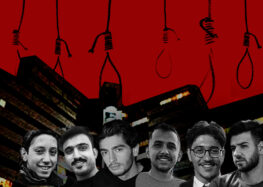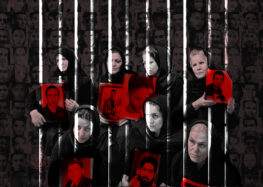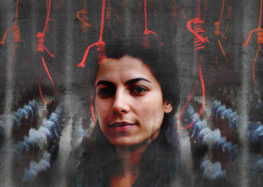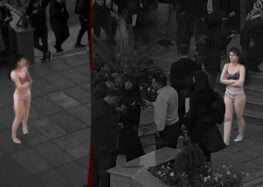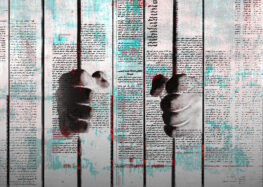Row over Solo Singing of Women Grows in Iran
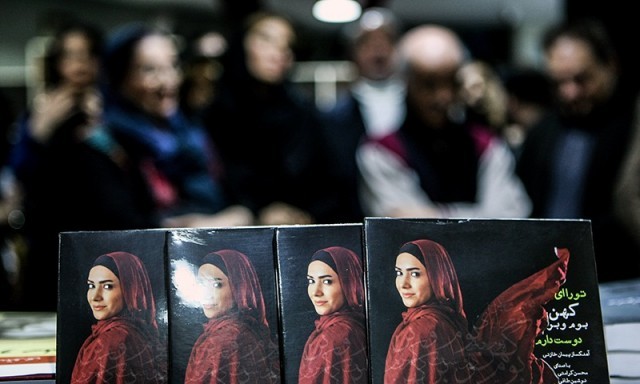
There is a growing row between Hassan Rouhani’s Ministry of Culture and Islamic Guidance and conservative Iranian clerics over the issue of women’s singing in Iran. At least two Grand Ayatollahs said earlier this month that they will not allow women’s (public) singing.
Defending his Ministry, Ali Jannati, Minister of Culture and Islamic Guidance, said on February 5, “Certain individuals aiming to damage the Ministry have started providing misinformation to the Grand Ayatollahs, Friday Imams, and Members of the Parliament, falsely telling them that the Ministry has provided permissions to women for solo singing.” He added, “No licenses have been issued for female solo singing.”
Although efforts by Iranian clerics to prohibit and prosecute public singing by women have spanned over three decades, the cause of this most recent confrontation is the release of a new album in which a male and a female singer have performed together.
The mounting criticism, however, is a new development, given that albums featuring female singers were issued the required licenses by previous administrations, even though conservative clerics have long disapproved of such recordings.
Criticizing the growing pressure on his ministry, Ali Jannati said, “I feel there are groups who did not choose this administration, and they don’t believe in it; hence they have formed organized and calculated centers for propaganda against this ministry.”
Earlier, Hossein Noushabadi, the Minister of Culture and Islamic Guidance Spokesperson, said on January 31 that the album at the center of the attacks does not feature solo singing by a woman, and that it had met all the standard requirements prior to its release.
“We will stop any film, book, or music that is anti-Islamic and anti-revolutionary,” threatened Grand Ayatollah Hassan Nouri Hamedani during his theological class on February 4, adding, “No action can normalize women’s singing, and we will stop it.”
Nasser Makarem Shirazi, another influential Grand Ayatollah, said during his February 4 class that “People are upset,” because the Culture Ministry is stepping over “revolutionary values” one by one.
Criticism by conservative clerics over women’s participation in musical performances both as instrumentalists and as vocalists has been intensifying over the last year. In 13 provinces across Iran women were banned from live performances, and over the past few months, several concerts with female participants have been cancelled or forced to eliminate their female members in order to perform. Such cancellations did not take place even under the previous conservative administration of Mahmoud Ahmadinejad, and reflect hardliners’ increased assertiveness, especially regarding women’s participation in the public sphere, since the election of the centrist Hassan Rouhani in June 2013.

